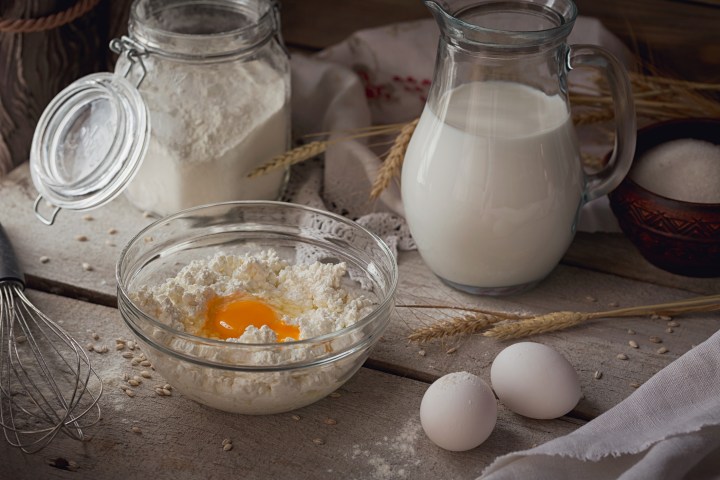Do you think you might have Irritable bowel syndrome (IBS)?
Many people, particularly women, experience this common and distressing problem. IBS is the second highest cause of absenteeism after the common cold, with 20 per cent of the adult population experiencing bouts of it. If you think you may be one of them, nutritional expert Patrick Holford, who has just written the book Improve Your Digestion, has some pointers that can help.
So what are the symptoms of IBS?
If you have any or all the following symptoms, continually or recurrently for at least three months, there is a strong possibility that you have IBS:
- abdominal pain
- anxiety
- bloating
- constipation
- cramps
- depression
- diarrhoea
- gas
- mucus in stools
- nausea
IBS is not one disease with a single cause, but a broad term used to describe several, sometimes contradictory symptoms. The effects can be random and can disappear as spontaneously as they come on, although for many people it is a chronic condition. All this apparent vagueness does not make for an easy diagnosis or treatment. One distinguishing feature of IBS – compared with other bowel complaints – is the apparent lack of changes visible in bowel. Another feature of IBS is that, despite symptoms, sufferers’ overall health is good, without the serious factors such as weight loss, fever, bleeding or anaemia that occur with other bowel disorders. Before any treatment of suspected IBS, it is important to consult your GP to rule out other conditions that might be linked to similar symptoms, including diverticulitis, inflammatory bowel disease, diabetes, cancer and celiac disease.
Often sufferers are prescribed anti-spasmodic drugs, fibre supplements and laxatives but many people find these unhelpful. It is of course also important to look at your diet.
Use the following list of general dietary tips to help alleviate IBS:
- Eliminate suspected food allergens and intolerances.
- Eat plenty of fresh vegetables.
- Eat simple meals and chew thoroughly.
- Increase soluble fibre (not wheat bran), especially in cases of constipation.
- Drink plenty of water, herbal teas and diluted juices.
- Avoid foods rich in sulfur, as they can cause wind (bread, eggs, onions and most dried fruits).
- Avoid sugar.
- Avoid wheat (even in people who are not sensitive – it can irritate the gut).
- Avoid refined/processed foods.
- Avoid dairy products (especially in cases of diarrhoea).
- Limit or avoid alcohol, coffee, tea and cigarettes.
- Avoid spicy foods.
Alongside a wholefood diet free from refined foods, there are several supplements – vitamins, minerals, essential fats, amino acids, herbs and other botanical preparations – that can help immensely. A clinical nutritionist can help you identify which supplements will best suit your individual needs and can advise you on lifestyle practices that can help to alleviate IBS. The symptoms of IBS can be overcome by diet, supplements, exercise and relaxation, and although the underlying causes and correct treatment might take a while to unravel, it can ultimately allow most people who have it to lead fulfilling, active lives.








